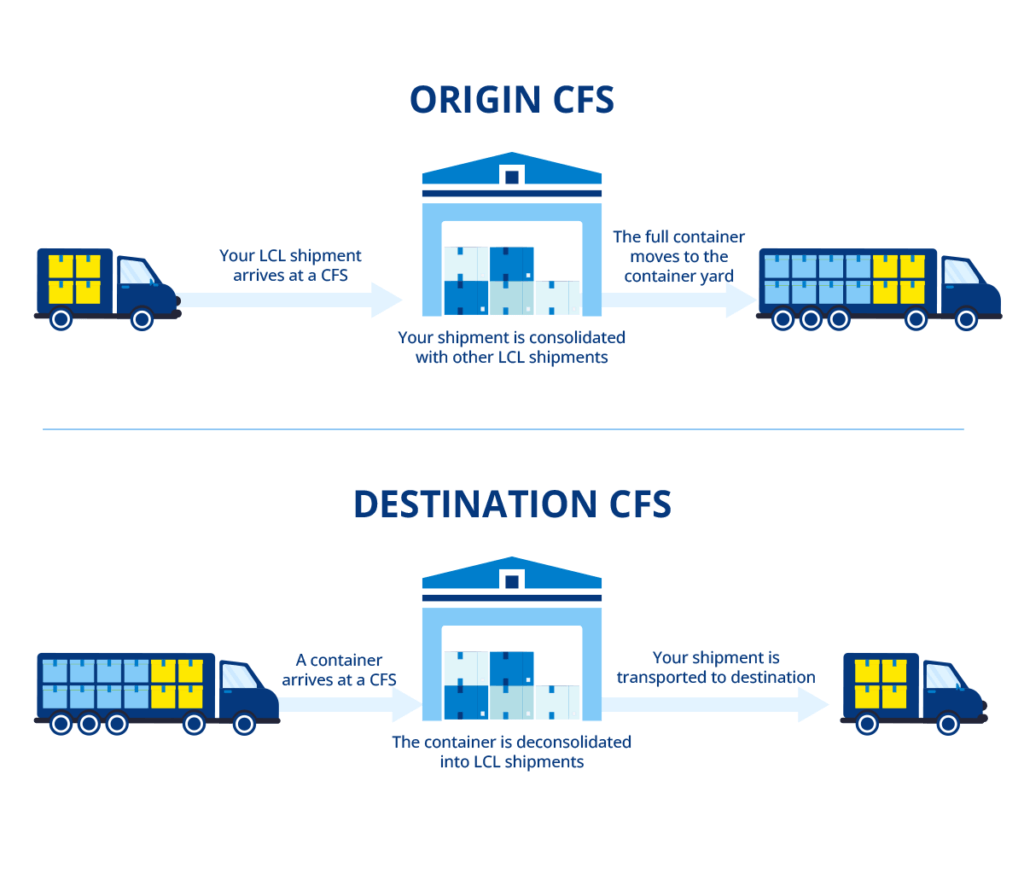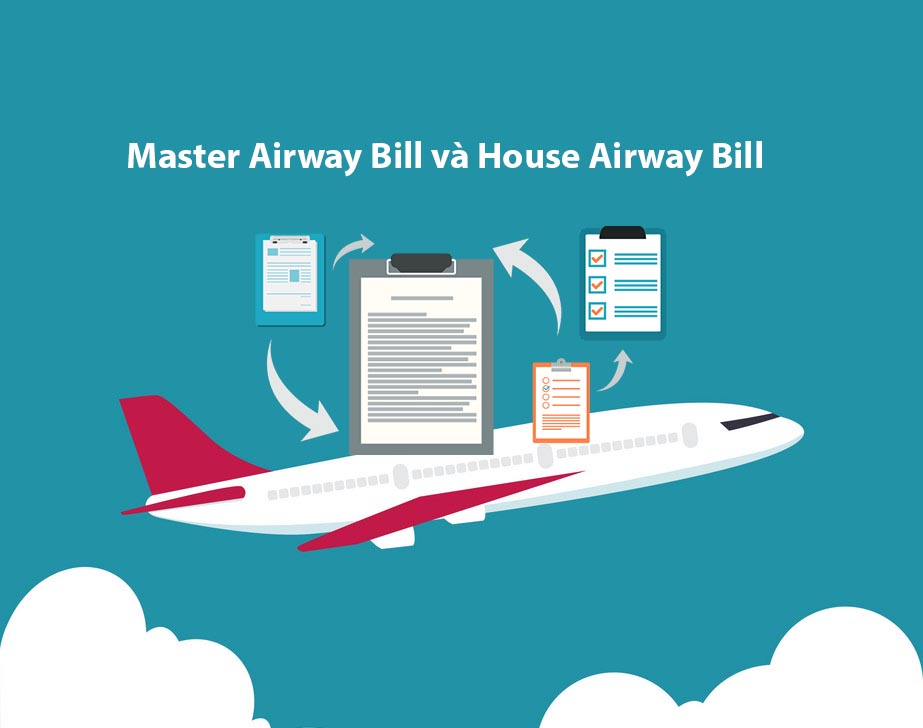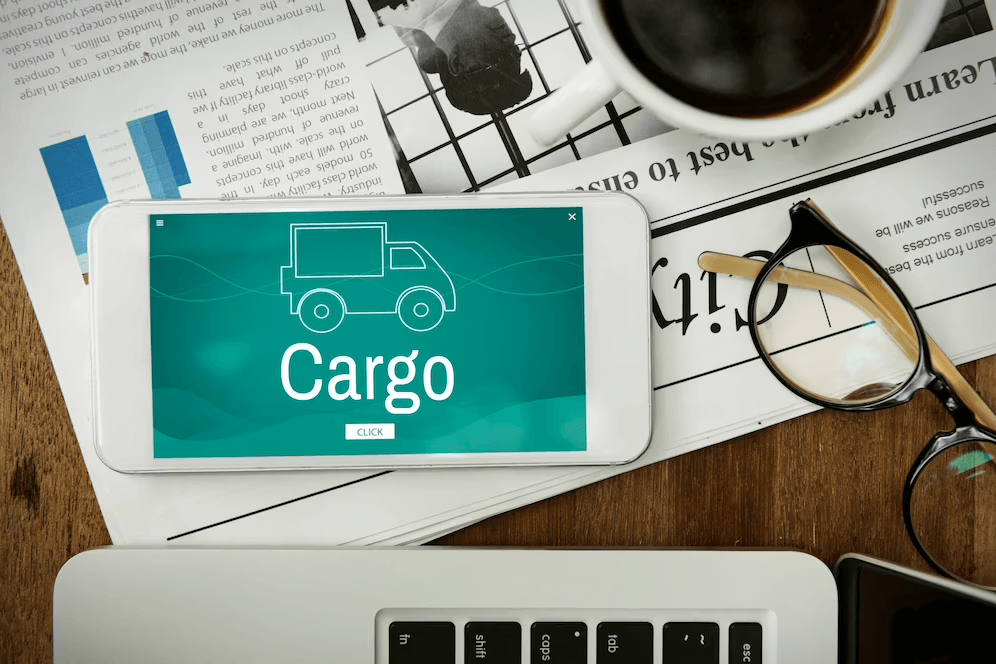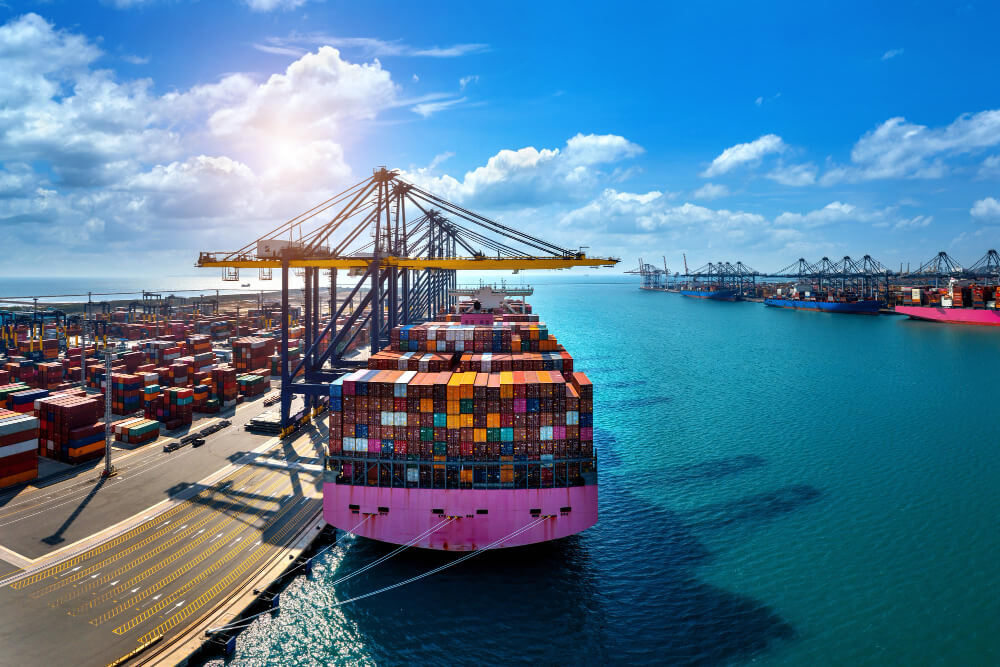Container Freight Station (CFS): Meaning, fees, benefits and more
If you ship LCL, your goods will spend some time at container freight stations (CFS) during transit.
What is a container shipping station? What are they doing? How much do they cost?
Read on to find out.
What is a Container Freight Station (CFS)?
Container freight stations are facilities that prepare LCL shipments for the next leg of their journey by consolidating (grouping) or consolidating (ungrouping) them.
Consolidation of shipments means combining individual LCL shipments into an FCL (full container load) in preparation for loading onto a vessel. Deconsolidation is the opposite: separating the container's individual LCL shipments for final delivery.
CFS facilities are often located near transportation hubs such as seaports and railway stations.
Your LCL shipment will stop at origin CFS for consolidation and destination CFS for deconsolidation.

What happens at a container freight station (CFS)?
Below is a series of processes at a destination CFS:
General cargo delivered to destination CFS
An FCL container with consolidated shipments to the destination port.
CFS decodes shipments
Shipments are dissolved at CFS and inspected. The consignee, or recipient, is then informed that they should begin preparing for customs clearance.
Receive import clearance and port card
Once the shipment is released by customs and any other holds are removed, CFS will make the shipment available for pickup by the importer's truck driver.
READY TO GET YOUR GOODS MOVED?
What are the other functions of a container freight station (CFS)?
Container freight stations form an important link in supply chain operations. In addition to consolidation and dissolution, they also serve a number of other functions, including:
Unloading containers
Receive shipments (at origin) and send them (at destination)
Evaluate shipment weight and inspect containers
Provides temporary storage of empty containers
Enables shipment tracking by tracking the names of importers, exporters, customs agents, and any other parties involved
Prepare a container loading plan, which is a document with any specific instructions on how to load the shipment
What benefits does CFS bring?
CFS can provide several benefits to supply chain management:
Speed up shipping and transportation processes by identifying and prioritizing shipments
Provides additional security – CFS facilities are secured so goods can be safely stored before and after shipping and then sent directly to warehouses or other destinations
Increase overall supply chain efficiency by providing short-term storage
Helps reduce congestion at ports by providing off-dock storage for containers








